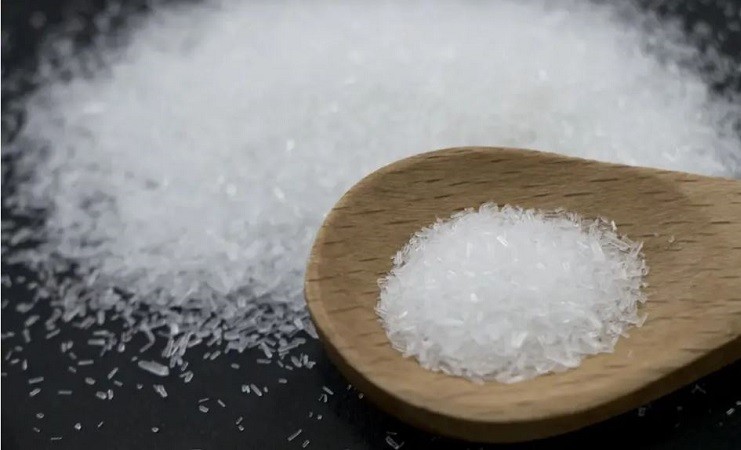
A study carried out by researchers at Allahabad University's biochemistry department (AU), find that Ajinomoto, an essential ingredient, particularly in Chinese food, is causing a number of health problems like hypertension, heart troubles, and an accelerated ageing process.
The ground-breaking study was released in the prestigious "Indian Journal of Clinical Biochemistry."
Monosodium glutamate, or MSG, is a salt that is sold under the brand name Ajinomoto and is mostly used in Chinese dishes like Chowmein and Manchurian to give them their distinctive, lingering umami flavour. Along with the tastes of sweet, sour, bitter, and salt, umami is the essential fifth taste.
Researchers at the AU's department of biochemistry, led by Professor S.I. Rizvi, have claimed that MSG may be harmful to health even at little levels.
MSG may induce oxidative stress, inflammation, and other health problems even at doses that are below the permitted limits, according to AU study on the substance's toxicity. In addition, umami can lead to MSG addiction in kids.
"All these negative impacts may predispose an individual to disorders like hypertension, cardiac issues, and a faster pace of ageing," stated Prof. Rizvi. Since the consumption of foods high in MSG has grown significantly in recent years, the study assumes significance. This substance is present in significant concentrations in all fast foods, including packaged momos, chips, and other items.
MSG enhances the body's production of several substances that could be very dangerous. Patients with Covid-19 frequently experience the same kind of shift, he said.
After three weeks of consistent consumption of this salt, certain modifications were also noticed in the brain region, according to an experimental study done on rats given a set dose of MSG, said Prof. Rizvi. The effects of MSG at two different concentrations -- 30 mg and 100 mg per kg of body weight -- were studied by the researchers.
Despite the fact that the 30 mg dose had no effects, the 100 mg dose had a number of side effects that could be harmful to health.
Prof. Rizvi said, "This study is an eye-opener as growing youngsters may be especially prone to harmful effects of MSG." He also noted that growing foetuses and children may be more susceptible to these effects because they have a permeable blood-brain barrier.
Molecular relationship between diabetes and fatty liver disease: IIT Study
Effects of Pre-Omicron provide protection against new variants: Study
Study finds Spending much time on gadgets make you older early